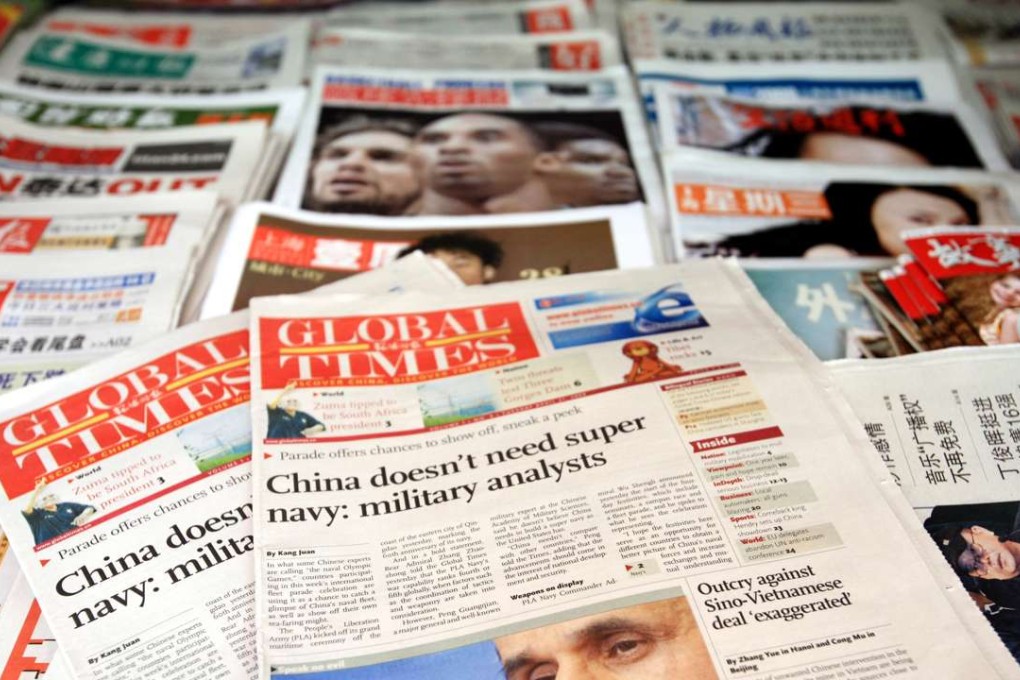On Reflection | How China is using its Global Times attack dog to intimidate Singapore

It is tempting to want to ignore the Global Times. The Chinese tabloid publishes content that is rude, crass and often skinny on facts.
But in the crowded and cutthroat scene of China’s media, it stands out for its success and popularity, built on the back of nationalistic coverage that at times borders on warmongering.
Sometimes, it reads like a daily newspaper edited by a bunch of Chinese Donald Trumps.
Yet, its value rests precisely in its loutish ways. It offers the outside world a glimpse of what the Chinese government is actually thinking, but unable or unwilling to say, at least not in such insulting ways.
And given the growing importance of Beijing, this peek into the dark side is precious.
The paper’s long-time editor-in-chief Hu Xijin said in an interview last month he was close to the security and diplomatic circles of the Chinese Communist Party (CCP). They shared his paper’s editorial stance, he claimed.

